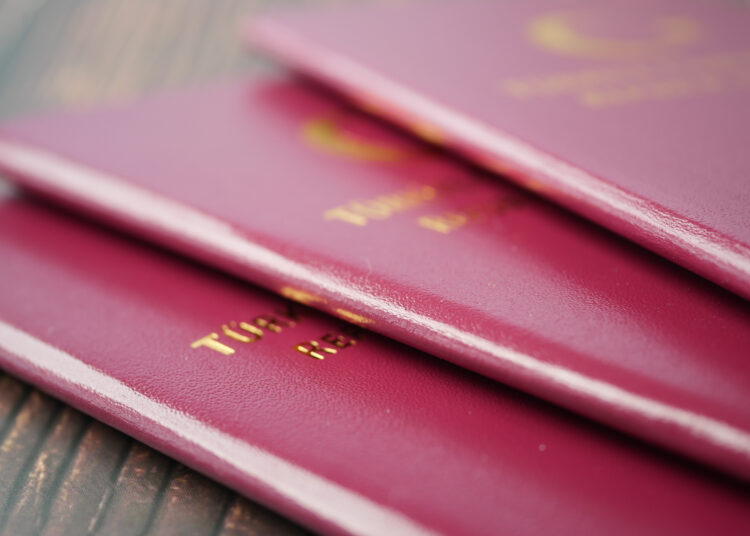Sweden has announced plans to tighten its citizenship requirements starting from June 2026. The new measures aim to strengthen integration and ensure that applicants meet higher standards of commitment to Swedish society.
Key Changes in Citizenship Requirements
The proposed reforms will introduce significant changes to the naturalization process:
1.Extended Residency Period: Applicants will need to live in Sweden for a longer period before they become eligible for citizenship.
2.Stricter Language Proficiency: A more rigorous Swedish language test will be implemented to assess applicants’ fluency.
3.Civic Knowledge Test: Applicants must pass an updated test to demonstrate knowledge of Swedish history, laws, and societal norms.
Government’s Rationale
Sweden’s government believes that these stricter criteria will enhance social cohesion and integration. Officials argue that a strong understanding of the language and societal values is crucial for becoming a full member of Swedish society.
Impact on Foreign Residents
For many foreign residents, these changes could mean a longer path to citizenship. The stricter language and civic knowledge requirements may also present challenges for certain applicants, particularly those who have lived in Sweden for many years but may struggle with formal testing.
European Trend of Stricter Policies
Sweden’s decision follows a broader trend seen across Europe, where several countries have implemented more stringent criteria for naturalization. The aim is often to balance immigration policies with stronger integration measures.
The planned reforms, set to take effect in June 2026, reflect Sweden’s commitment to fostering deeper integration while maintaining strict citizenship standards. For current and future applicants, understanding and preparing for these new requirements will be crucial.














